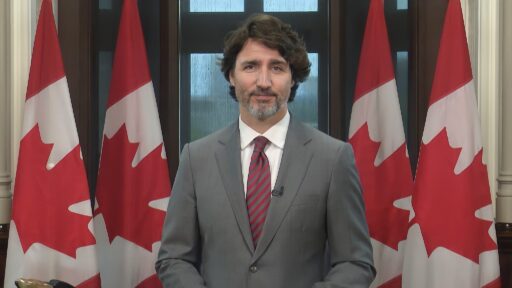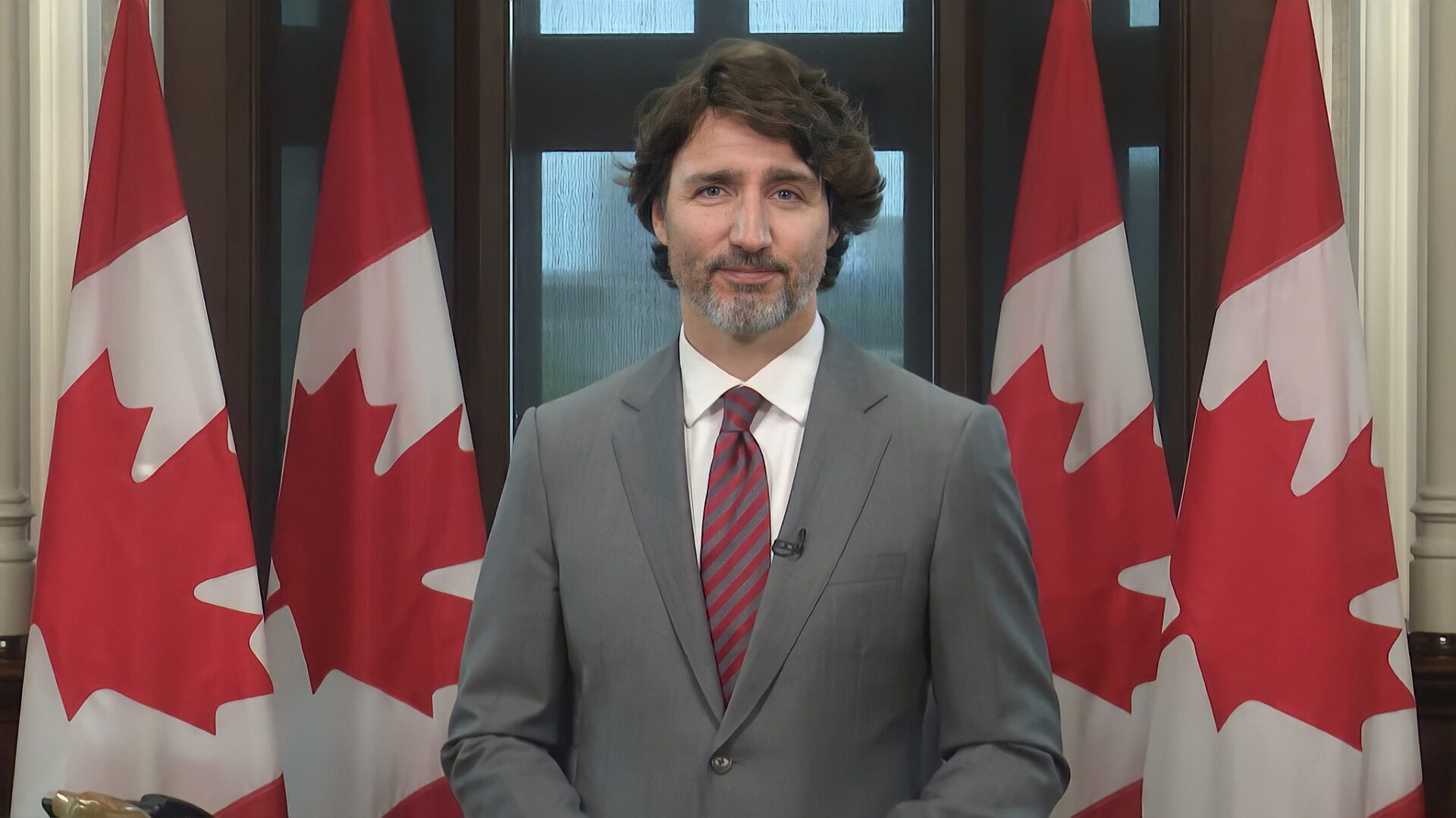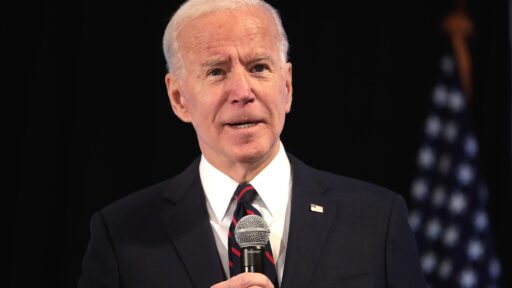Is Trudeau trying to gaslight Americans?
Canadian Prime Minister Justin Trudeau recently warned that American consumers will face higher prices if President Trump follows through on his threat to impose steep tariffs on goods from Canada and Mexico. Speaking at a business event in Halifax, Trudeau argued that these tariffs could raise the cost of living for Americans, a claim that reflects growing concern over the potential economic fallout from Trump’s protectionist policies.
Trudeau’s remarks came after Trump suggested he could levy a 25% tax on imports from both countries unless they take action to curb illegal immigration and drug trafficking. The president-elect’s tough stance on trade is part of his broader strategy to address what he sees as unfair practices benefiting foreign nations at the expense of American workers. But the Canadian leader warned that such measures would not only hurt the Canadian economy, but would backfire on Americans as well, particularly given the close economic ties between the two nations.
For instance, the U.S. relies heavily on Canadian imports, with 65% of its crude oil and large quantities of natural gas coming from its northern neighbor. Many U.S. states depend on Canadian steel and aluminum, while agriculture products like fruits and vegetables also flow across the border. Higher tariffs would likely drive up the prices of these essential goods, putting additional strain on American consumers and businesses.
Trudeau further stated that if the tariffs are imposed, Canada will retaliate as it did in 2018 with countermeasures targeting U.S. goods like bourbon, motorcycles, and ketchup. These retaliatory actions were designed not only to challenge the tariffs but to target products that had political significance to key Republican figures, including Speaker Paul Ryan.
Trump’s response to Trudeau’s warning came via a post on social media, joking that Trudeau, who he referred to as the “Governor of Canada,” was essentially running a U.S. state. Despite the playful tone, it’s clear that this trade dispute is far from trivial. If Trump carries out his tariff threats, the economic consequences could be significant on both sides of the border, clashing directly with his promise to lower costs for American families.
Many experts believe that imposing tariffs on Canadian and Mexican goods will only worsen inflation, particularly on everyday items like clothing, food, and cars. Economists warn that U.S. consumers would bear the brunt of these price increases, undoing much of the progress made in reducing inflation during Trump’s first term.
Moreover, Trump’s hardline stance on trade doesn’t account for the complex reality of U.S.-Canada relations. While Trump has claimed that the U.S. is “subsidizing Canada,” the facts suggest otherwise. The U.S. runs a $75 billion trade deficit with Canada, but much of this is tied to energy exports, with Canada providing 60% of America’s crude oil. Additionally, Canada is a key supplier of critical minerals essential for American national security, including metals used in defense technologies.
As the situation unfolds, the challenge will be for both sides to balance national interests with the deep interdependence that defines the U.S.-Canada relationship. If Trump and Trudeau can reach a mutually beneficial agreement, it could ensure continued prosperity for both nations, avoiding the painful consequences of a trade war. But if tensions continue to escalate, everyday Americans may be the ones left paying the price.







